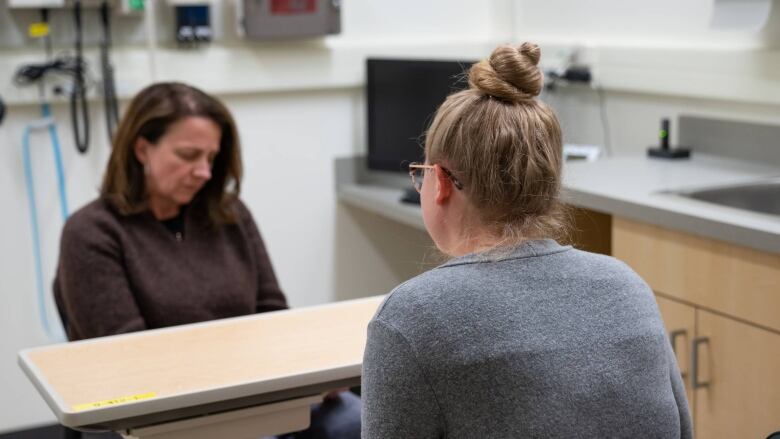
(Photograph courtesy of MacEwan University)
On February 21, 2020, CBC published an article on the value of standardized patients in the medical field. Actors take on the role of these standardized patients and play out a range of situations with medical practitioners – including difficult and high-stress scenarios.
These standardized patients encourage medical students and doctors to develop various skills. According to CBC, “working with standardized patients gives medical students a chance to practice an important skill: how to suspend judgement.” Through standardized patients, medical students are taught how to recognize and restrain their potential biases.
In addition, standardized patients help medical practitioners develop a more profound sense of empathy towards patients through rapport building and obtaining a more holistic and compassionate perspective of the patient.
Akin to standardized patients in the medical realm, simulation and the use of actors in social work can similarly encourage social work students to develop key skills, including rapport-building, empathy and other therapeutic competencies. Through simulation, these skills can be taught in a safe manner without the risk of harming real clients.